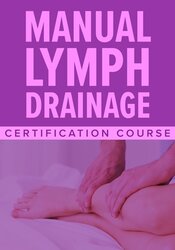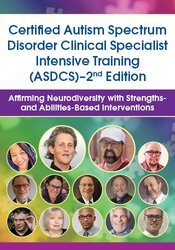Can Adding an iPad® to Therapy Increase Your Patient's Cooperation?

Love 'em or hate 'em, iPads® are everywhere, and the younger generations have fully embraced the technology. If you're a parent, you know how hard it can be to get the technology out of a child's hands. As groups such as the American Academy of Pediatrics stress to limit screen time for children, you have to ask: Is using an iPad in therapy interventions a benefit to your patient?
When you think beyond apps, games, and streaming video, the answer is yes.
Before integrating an iPad into a patient's therapy routine, it's important to first consider the social, physical, and cultural environments of your patient. Next, evaluate what the patient needs, what the environment supports, and match specific tools to their individual treatment plan. An iPad may be a great tool, but pencil and paper, a computer, or manipulatives might work better for the student for reasons as individual as the student themselves.
Lorelei Woerner-Eisner, OTR/L, suggests asking yourself these questions before using an iPad with a patient.
- What are the goals for iPad implementation?
- How successful has therapy been prior to iPad implementation?
- What therapeutic problems does the iPad solve?
- What can the iPad do that's not possible without it?
- What is the role of the patient in iPad use?
- How can we make the application of the iPad in the therapy setting more organic and fluid?
Not sure how you would integrate an iPad in a therapy session? Here are two unique ways that go beyond the apps.

In this in-depth certification course, you'll get the best of both worlds…the convenience of online, self-paced learning, plus LIVE ONE-ON-ONE CONSULTATION with primitive reflex expert Karen Pryor, PhD, PT, DPT, CH, CFPS.

Whether you're a new therapist or seasoned practitioner, this must have certification course will provide valuable insight for incorporating MLD in the clinical setting. You’ll walk away with strategies that you can implement immediately!

During this powerful online certification course, leading experts including Stephen Porges, Barry Prizant, Varleisha Lyons, Robert Naseef, Jeffrey Guenzel, and Michael Hannon—to name a few—will guide you through interventions that leverage relationships, trust, communication, acceptance, and the neuroception of safety.





